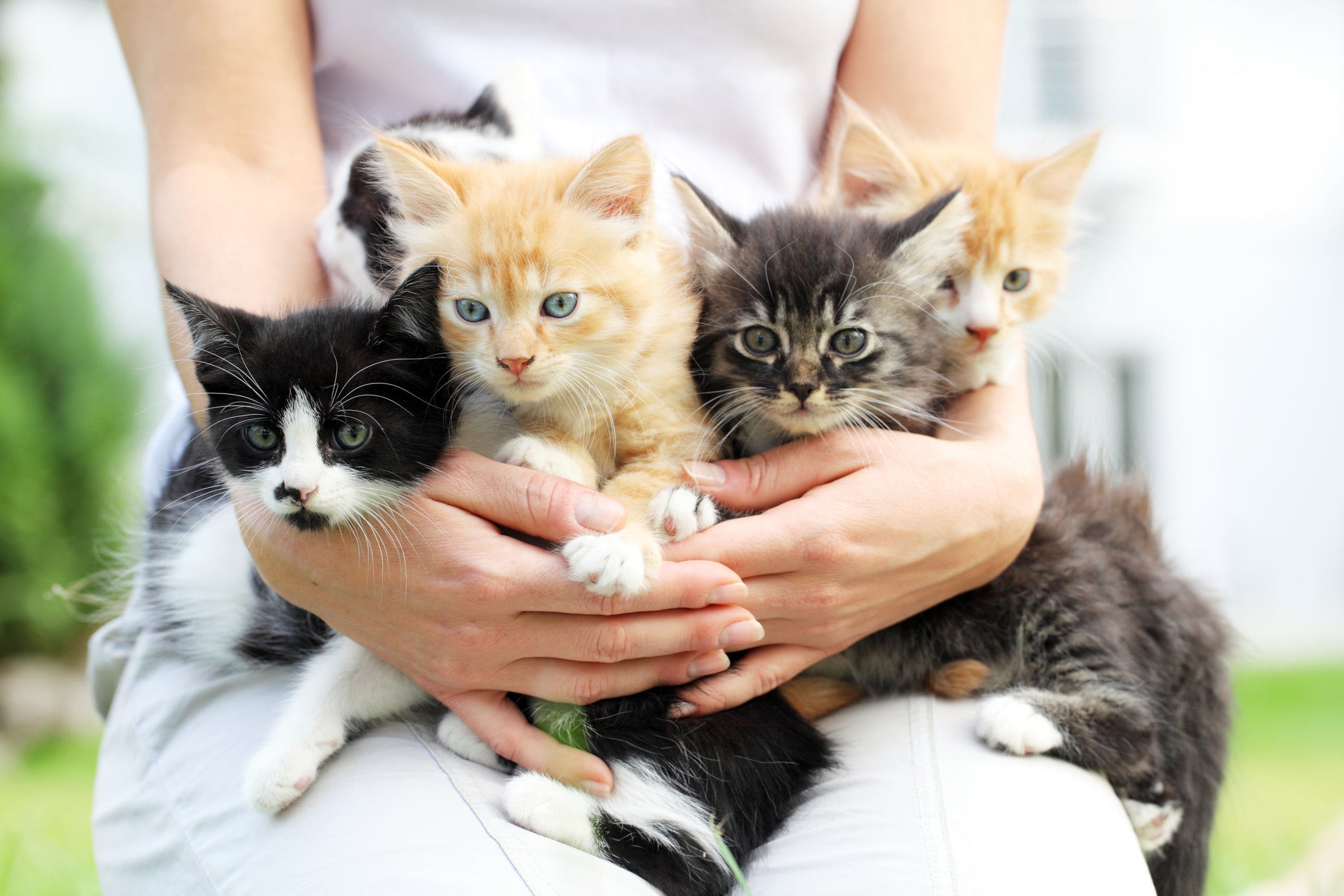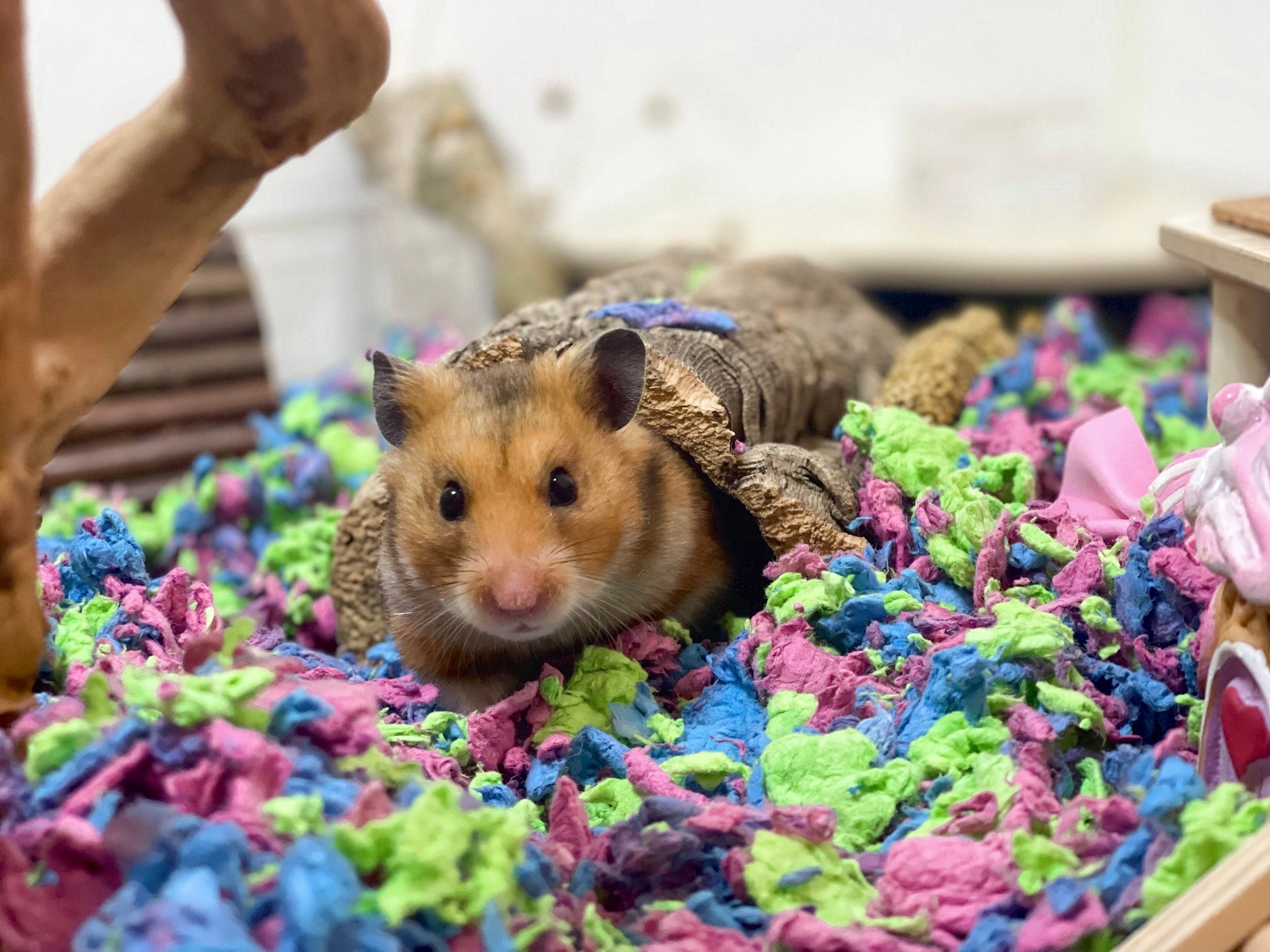
“Green Pet Living”- How to Help Your Pets Go Green Too!
With COVID dominating the news, it is easy to overlook that April 22nd is Earth Day. However, in many ways, COVID has directed a new spotlight on the importance of the environment. The spread of new viral diseases from wildlife to humans highlights the negative impact of deforestation, habitat loss, the illegal wildlife trade, and climate change. Likewise, stay-at-home orders have resulted in less pollution and visibly cleaner air and water.

Photo by Leonardo Baldissara on Unsplash
This Earth Day, besides thinking about how you can reduce your carbon footprint, think about what you can do to reduce your pet’s carbon pawprint. Here are a few simple changes you can make to ensure that your pet is living green too.
- Waste Management. Anyone who has ever had a pet knows that they create lots of waste. It is estimated that 10 million tons of waste from pets fill landfills yearly. What can be done? Instead of using plastic bags to pick up and dispose of your pet’s waste, try using recycled biodegradable pet poop bags. If you have a cat, consider switching from a clay-based litter to a biodegradable litter, such as ökocat. By switching to a biodegradable litter, you can cut down on the estimated 2 million tons of clay litter that end up in landfills. If you brave you can also try teaching your cat to use the toilet. It sounds crazy but cats can accurately be trained to use a toilet. Kits are available that help you guide your cat through the process. It may be a lot of work at first but think about never having to clean a litter box again? Now if we could just teach them to flush!
-
Give a Hoot, Don’t Pollute. Always pick-up after your pet and follow the backpacker’s motto of leaving only footprints. Leaving your pet’s waste behind is not only rude; it can pollute water sources when washed into the storm drains that empty into streams and lakes.
-
Buy Green. Purchase pet beds, furniture and toys made from recycled or sustainable materials such as hemp. Environmentally friendly hemp can be used to make almost everything, like leashes, collars, beds and toys. Nowadays it is easy to find recycled pet products at large pet retailers all across the country.
-
Buy in Bulk. Buying pet food and pet supplies in bulk not only saves money, it also conserves fuel and lowers emissions by saving you extra trips to the store. Consider buying a plastic bin to keep your pet’s food fresh. Some of the larger pet retail stores also sell litter in bulk- where you bring in your container and they fill it up. This saves packaging and also you a lot of money-as you get to buy the litter at a big discount.
-
Pet Overpopulation. Make sure your pet isn’t adding to the pet over-population problem by having your pets spayed or neutered. Shelters spend millions of dollars caring for homeless pets. Be sure you aren’t contributing to this problem. Consider also donating your old towels, blankets to a nearby shelter-this helps you declutter, helps the shelter cut costs, and gives a needy pet a nice blanket to sleep on. If you have the time think about volunteering at a nearby shelter.
- Recycled Pets. If you are thinking about adding to your family think about getting a pet from the shelter. There are tons of “recycled pets” in need of a good home. While adopting one of these deserving pets may not lower emissions or save fuel, it can save a life.
One silver lining of COVID has been the realization of what we can accomplish if we work together for a common goal. In a short span of time, stay-at-home orders have produced tangible results, such as cleaner air and water. Across the globe, scientists have measured lower gas emissions and pollution levels as industries, transportation, and businesses have closed. In New York, pollution was reduced by nearly 50%, and in China, emissions fell 25% due to COVID restrictions.
Although results are only short-term, they highlight what we could accomplish if we act as global citizens. This year, think about what you, and your pet can do to make our planet greener.










